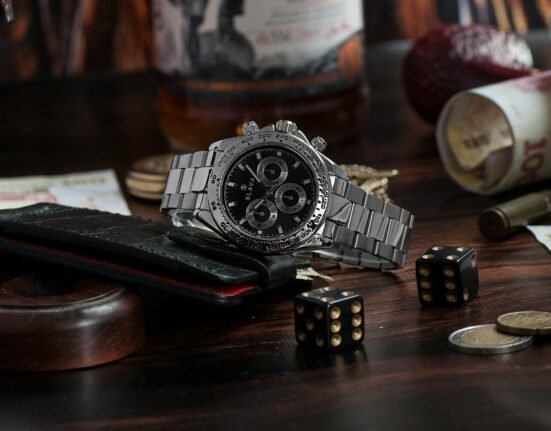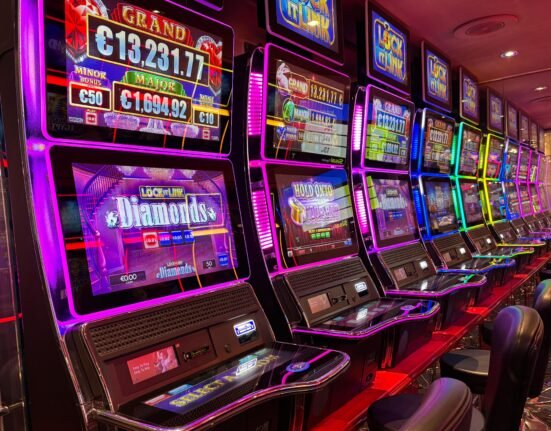ANJ imposes tighter controls on game types, pricing, and promotional tactics
France’s national gambling regulator, L’Autorité Nationale des Jeux (ANJ), has officially approved La Française des Jeux’s (FDJ) 2026 gaming and betting program—but not without imposing significant limitations. While the operator retains its monopoly on certain segments of the French gambling market, including the lottery and sports betting, new restrictions underscore the government’s growing concern about problem gambling and its social impact.
Problem Gambling on the Rise: A Growing Policy Driver
ANJ’s decision comes at a critical moment. According to its latest annual report, problem gambling indicators in France are climbing for the first time since 2020. The number of self-excluded players has more than doubled, rising from 40,000 in 2021 to 85,000 in 2024. This trend has spurred regulators to tighten oversight, especially on offerings that may contribute disproportionately to gambling harm.
ANJ has warned that revenue derived from high-risk players must be curbed, especially in the digital segment, where tracking and moderation can be more complex. Online-exclusive games, particularly those priced at €2, €3, and €5, are under scrutiny for their risk potential and appeal to vulnerable populations.
Banned Promotions and Frozen Games
In a clear stance against aggressive marketing, ANJ has prohibited promotional messages that create a false perception of favorable odds. Messaging such as “more than x chance(s) in x of winning” or “best chance of winning €X” are now off-limits.
Several popular FDJ products are also restricted. Notably:
The “Amigo” draw game remains banned online, as part of a broader freeze on successive draw games.
€3 scratch cards, both physical and online, are still restricted.
The number of €5 scratch games is capped at two, limiting portfolio expansion in this segment.
FDJ must reduce the number of online-exclusive games, which have been linked to increased risk profiles, especially when tied to higher prices or rapid play loops.
Scratching the Surface: A Risky Popularity
Scratch games continue to dominate France’s casual gambling scene, ranking second only to the lottery, with €10.7 billion wagered in 2024 by an estimated 20 million players. However, new research from ANJ indicates that players engaging in both retail and online scratch card play exhibit higher rates of problem behavior, particularly when ticket prices exceed €3.
Moreover, high-risk players are disproportionately influenced by advertising, especially when promotions highlight mechanics like instant wins or fast play cycles. This has prompted ANJ to advocate for a reevaluation of scratch game design and advertising standards going forward.
Strategic Challenges for FDJ
While FDJ aims to “ensure the attractiveness” of its gaming products through innovation and digitalisation, the ANJ’s curbs pose clear constraints. The company must now balance commercial viability with increasing regulatory oversight, especially amid a sharp 11.1% decline in its share price, now trading at €30.30.
With Pauline Hot recently named Director General of the ANJ, stakeholders can expect continued momentum toward a stricter regulatory regime focused on sustainability and public health.
Conclusion: A Changing French Gaming Landscape
The approval of FDJ’s 2026 program underlines a regulatory pivot in France—one that aims to protect consumers while still preserving the integrity of the gambling industry. FDJ’s success going forward will hinge not just on product innovation, but also on its ability to adapt to a more cautious, evidence-based regulatory framework. The gaming sector in France is entering a new era—marked by inclusivity, control, and public accountability.























